Towards a new era of integration in the early years
A high-level blueprint for transforming family support in England
July 2025
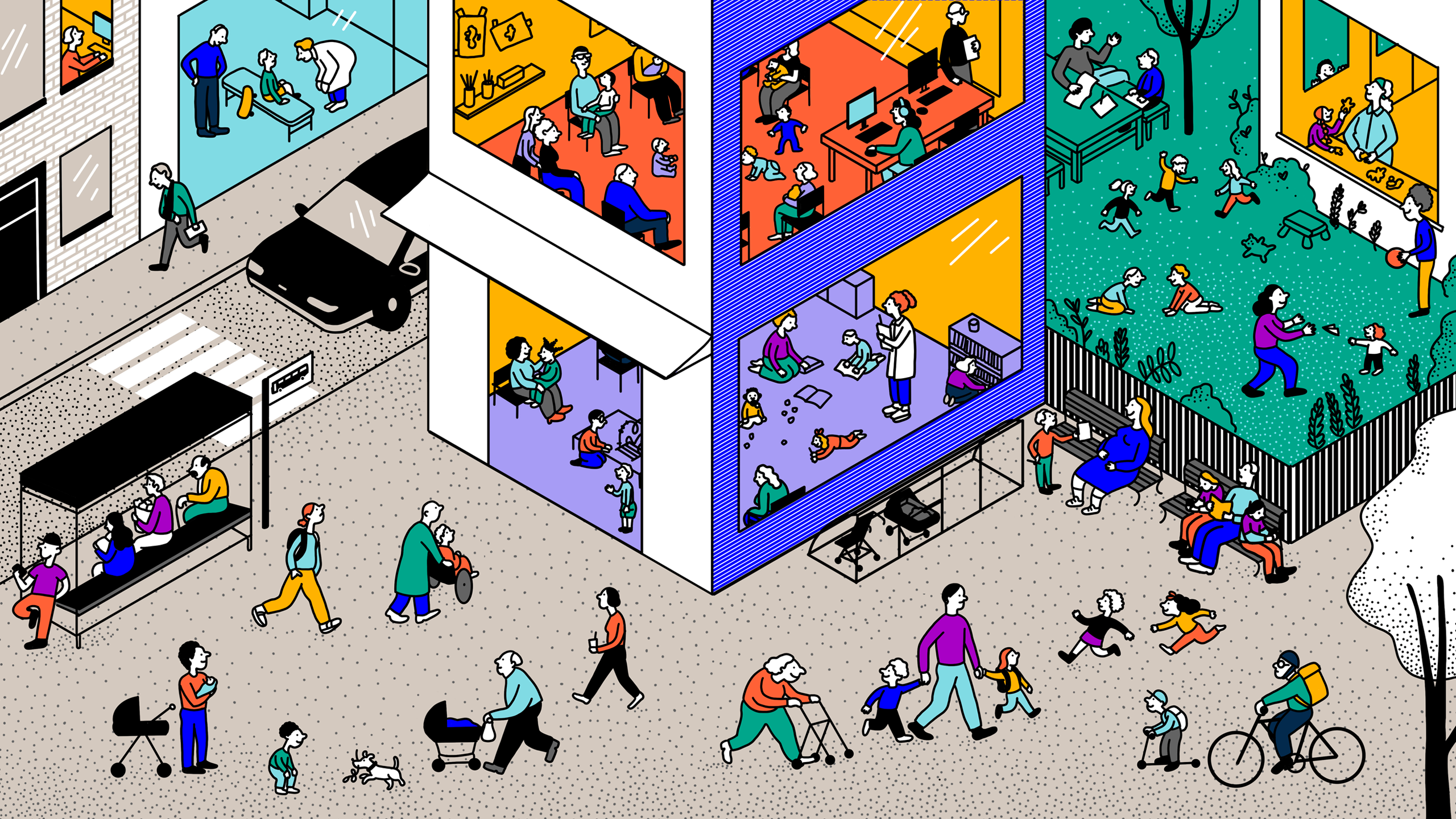
Towards a new era of integration in the early years
A high-level blueprint for transforming family support in England
July 2025
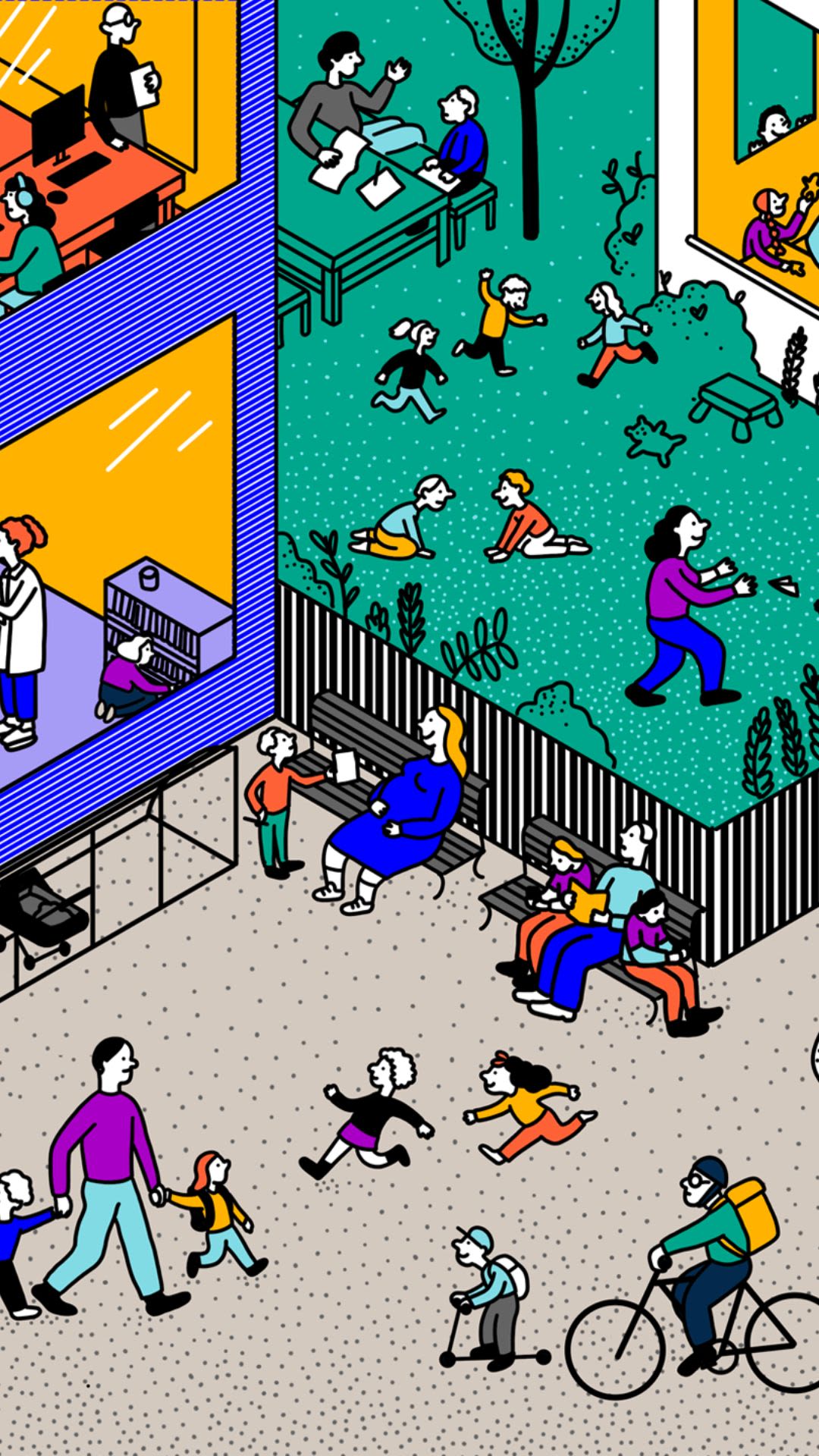
Evidence shows children growing up in poverty are less likely to live a long, fulfilling and happy life than their peers. It’s not right that some people have poorer life chances because of their family circumstances.
But evidence also shows that place-based services that offer families a single point of access to different types of support is an effective and cost-efficient way of ensuring the healthy development of babies and young children, breaking the link between family background and life chances.
In July 2025, the UK Government committed to reviving family services across England through the expansion of the family hubs programme to every local authority.
From Autumn 2024, Nesta, in partnership with the Ethos Foundation, brought together a coalition of partners across the early years to propose a high-level blueprint for how the new family hubs programme can most effectively deliver support for all children and families in desperate need of it.
Encouragingly the components of our blueprint, that enjoy high levels of support from experts, are also highly consistent with the Government's newly published Best Start in Life strategy. The high-level blueprint outlined can be read as an extra layer of detail on how to deliver the Government’s Best Start vision by drawing on evidence from science, experience, and context.
We hope that this alignment means the sector will confidently rally behind ensuring the implementation of the strategy is effective. Over the summer we will continue to work on expanding the detail within this high-level blueprint, building on our existing projects and analysis.
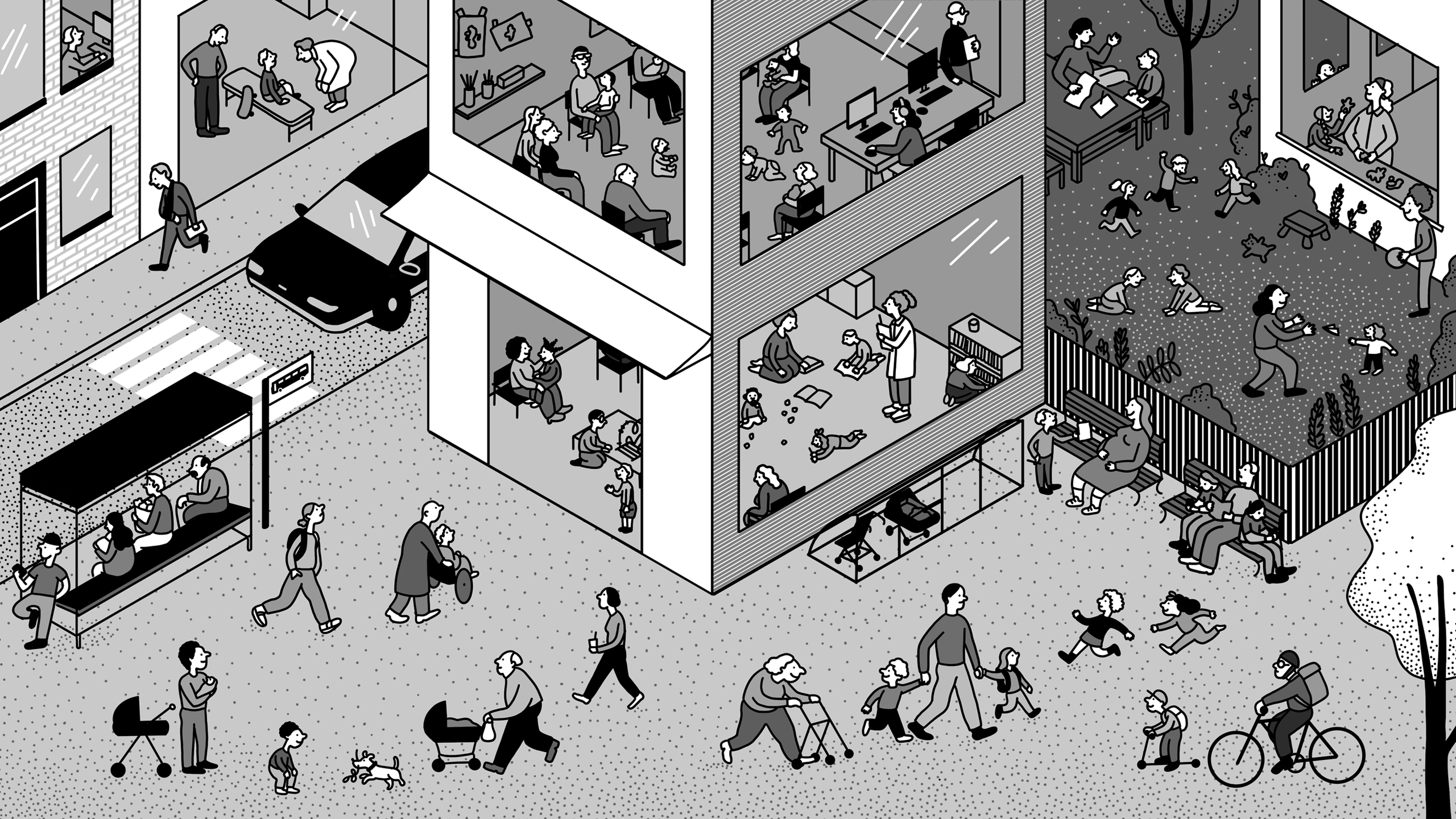
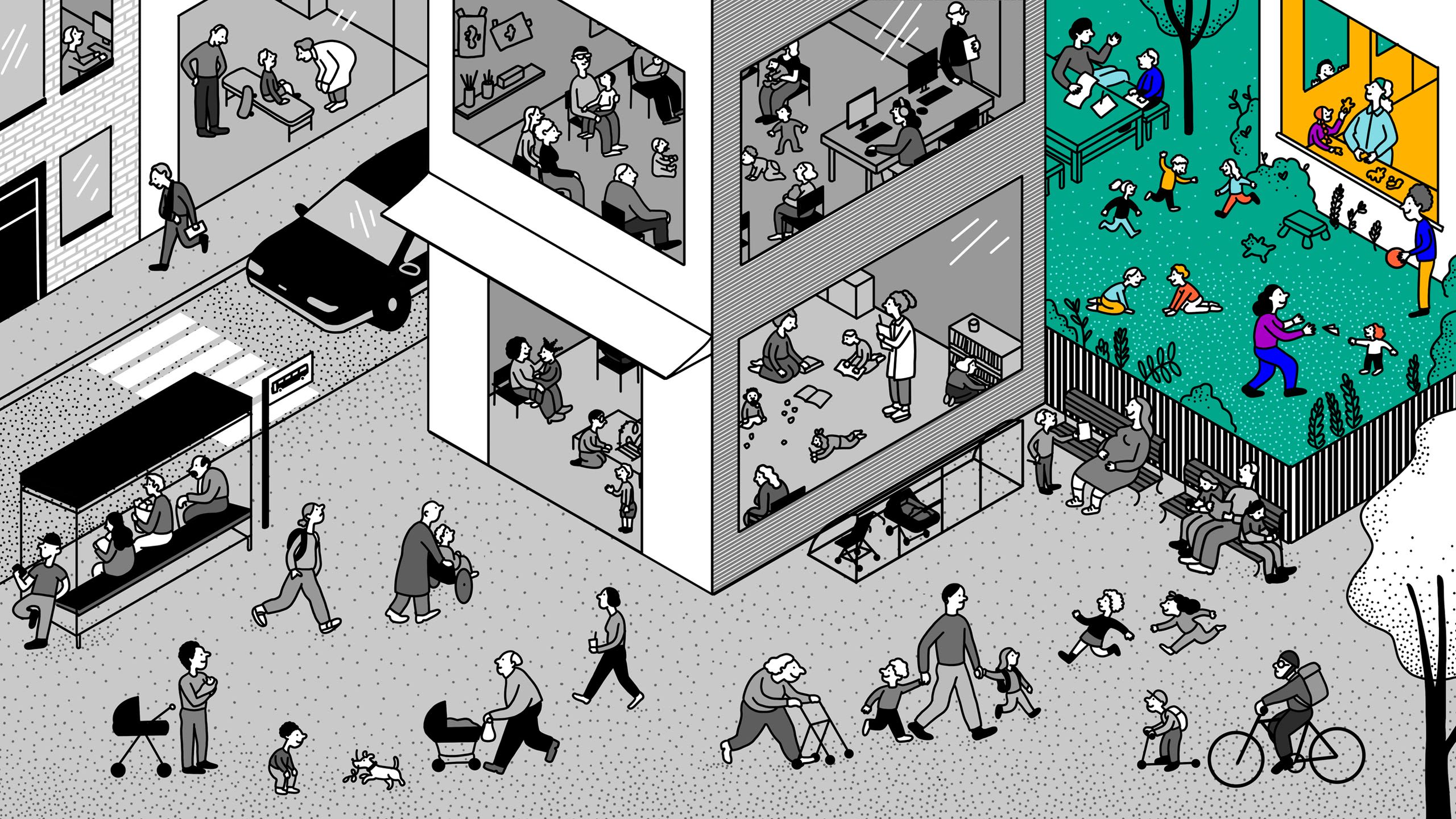
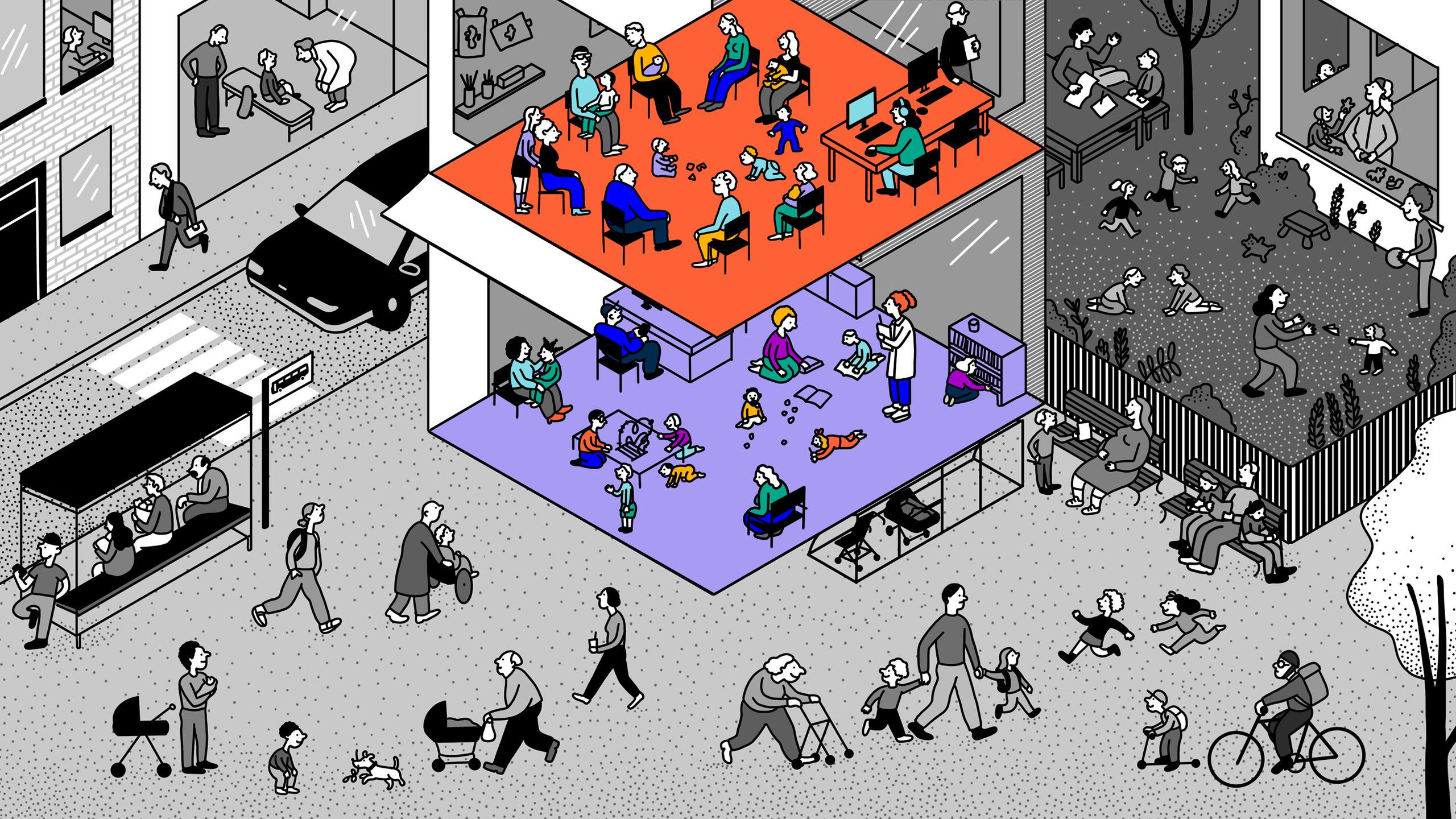
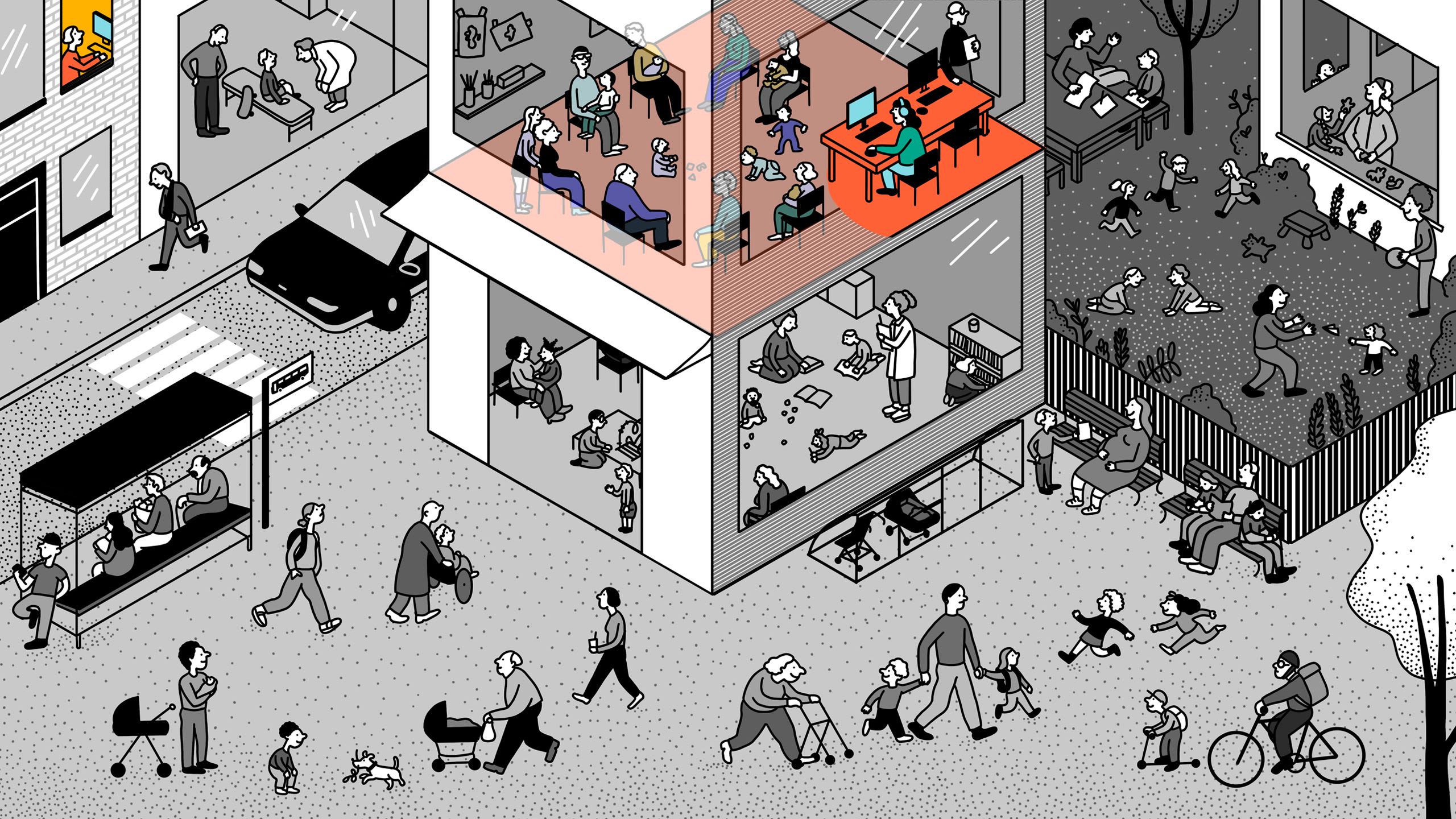

Our research methods
Over a ten-month period we worked to explore and bring together three types of evidence regarding integrated support for families with children under five.
Families with young children
(experts by experience)
Through 30 ethnographic interviews and three workshops in different localities across England, we captured lived experience data that highlighted both the assets and the pain points in navigating support systems.
Watch to find out about families’ experiences of early years services:
Experts from across the Early Years sector
(experts by profession)
A modified Delphi survey completed by over 80 experts, including six workshops, two focus groups with practitioners, and 18 interviews with professionals across health, education, and social care surfaced key challenges in delivering integrated support and illuminated what good looks like in practice.
Written evidence
(including published literature)
A review of 89 policy documents, academic research, and evaluations, plus 44 responses to our open call for evidence, provided the broader context for what has worked in the past and where current gaps lie.





Our research methods
Over a ten-month period we worked to explore and bring together three types of evidence regarding integrated support for families with children under five.
Families with young children
(experts by experience)
Through 30 ethnographic interviews and three workshops in different localities across England, we captured lived experience data that highlighted both the assets and the pain points in navigating support systems.
Watch to find out about families’ experiences of early years services:
Experts from across the Early Years sector
(experts by profession)
A modified Delphi survey completed by over 80 experts, including six workshops, two focus groups with practitioners, and 18 interviews with professionals across health, education, and social care surfaced key challenges in delivering integrated support and illuminated what good looks like in practice.
Written evidence
(including published literature)
A review of 89 policy documents, academic research, and evaluations, plus 44 responses to our open call for evidence, provided the broader context for what has worked in the past and where current gaps lie.
Five foundational components of better integrated support
We then synthesised this work to create a high-level blueprint for delivering a new era of integrated family support. Outlined below are the five foundational components, designed to improve services and deliver better outcomes for children.
1. A long-term vision, with corresponding funding commitments
A guaranteed ten-year commitment is needed to build an effective integrated family service, with a clear funding strategy that sets targets to ensure support reaches the most vulnerable children.

2. A national 'early years core offer' to age five
A national early years core offer up to age five will make it easier for all families to access a seamless range of universal and targeted support, from midwifery to welfare advice. Universal contact points like birth registration and the NHS App should be used to proactively connect new parents with these integrated services.
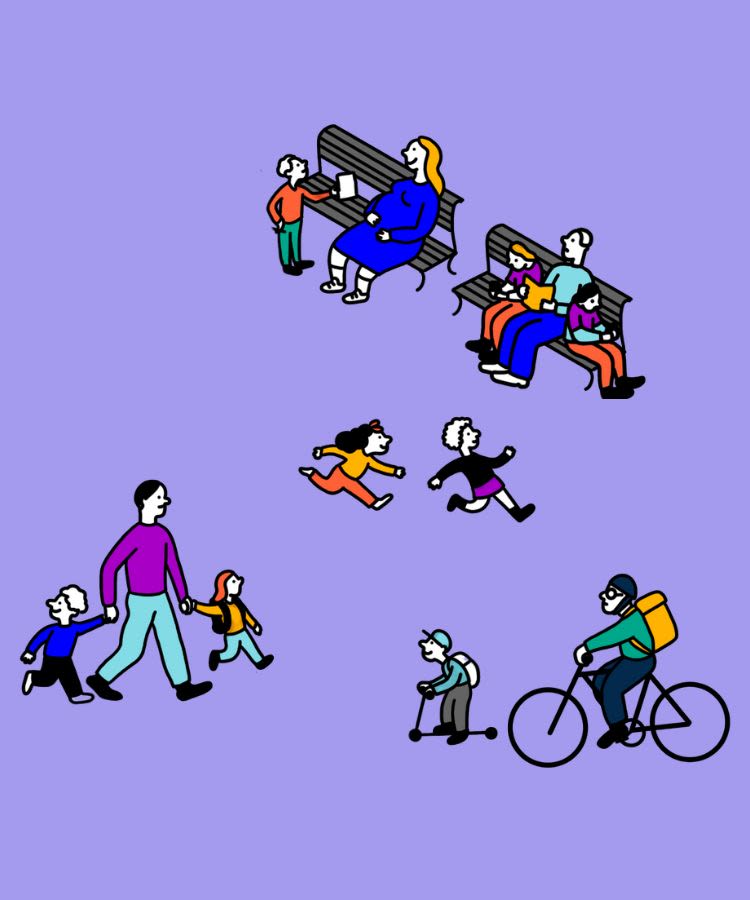
3. One-stop shops in every locality with a complementary digital service
Every locality should have a one-stop shop, located in accessible community venues and prioritised for areas of highest need, complemented by a digital service. These hubs will provide face-to-face support and a single point of contact for families and partners, with the digital platform mirroring these services for remote access.
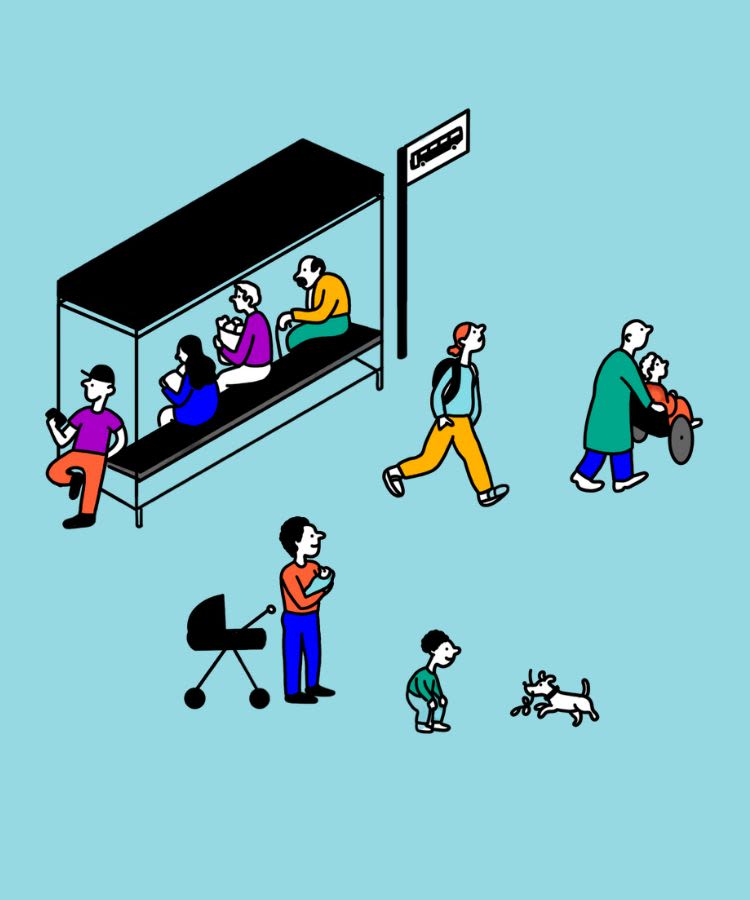
4. Smart targeting and tailored delivery
While there would be a consistent core national offer, local authorities would have the flexibility to tailor services to their community's needs, supported by Government guidance on the most effective programmes. Local leaders should co-design their services with communities to ensure they deliver the highest value to those with the greatest needs.
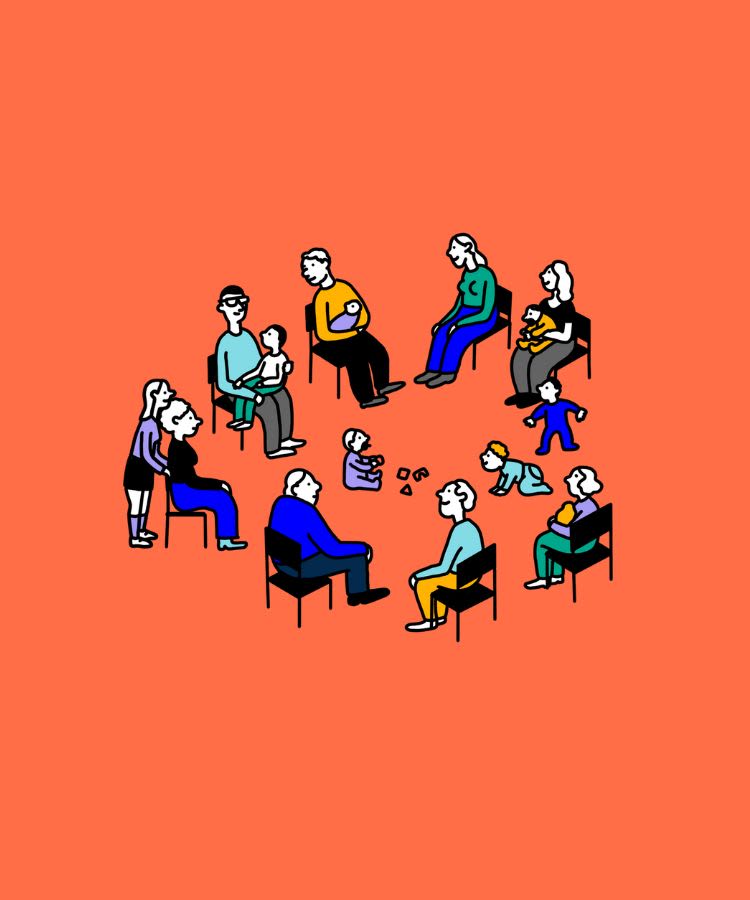
5. A seamless user experience
Families should be able to receive personalised support from a single point of contact without navigating complex systems, whether in person or online. The entire service, from back-end processes to face-to-face interactions, must be designed to make people feel dignified and safe, fostering the trust needed for effective help.
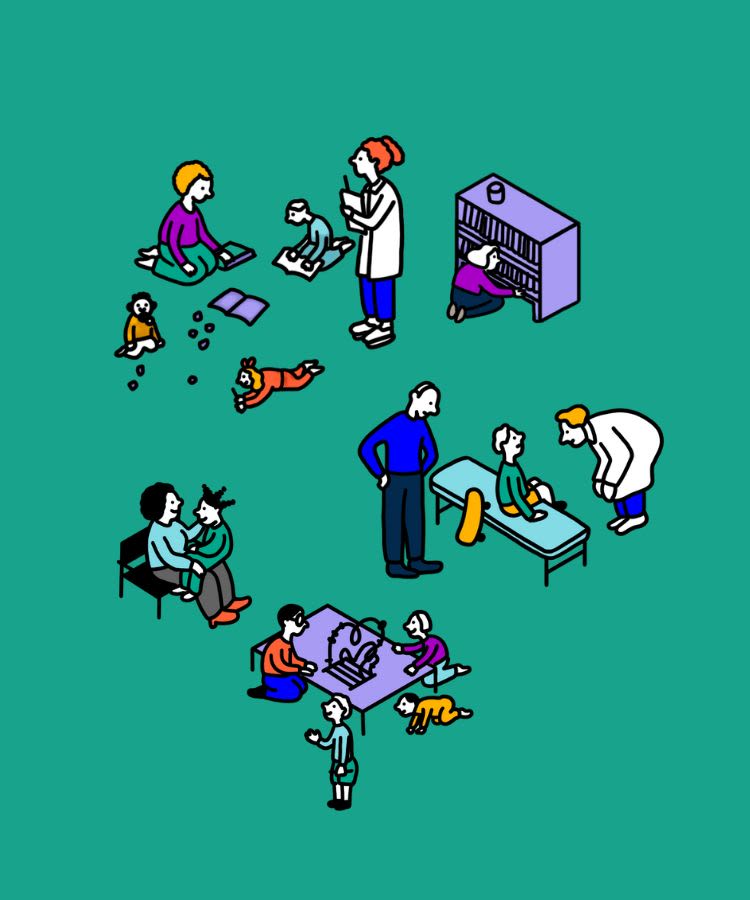
These five principles would underpin the revival of integrated family support in the UK. More detail on the key enabling actions that the UK Government must take to enable local authorities across the UK to deliver an early years core offer can be found in our high-level blueprint.
In the early autumn, we will publish a more detailed report that sets out how the Government might implement the key components set out in the blueprint and what we think it would cost.
This work has benefited greatly from the generosity, wisdom and support of many collaborators across the sector. The high-level blueprint is endorsed by Ethos Foundation, Thrive at Five, Dartington Service Design Lab, National Children’s Bureau, NSPCC, UNICEF, Common Outcomes for Children and Young People Collaborative, Centre for Young Lives, Collective Futures, Making Evidence Work for Children and Families, and New Philanthropy Capital.
Illustrations by Natalia Zaratiegui



